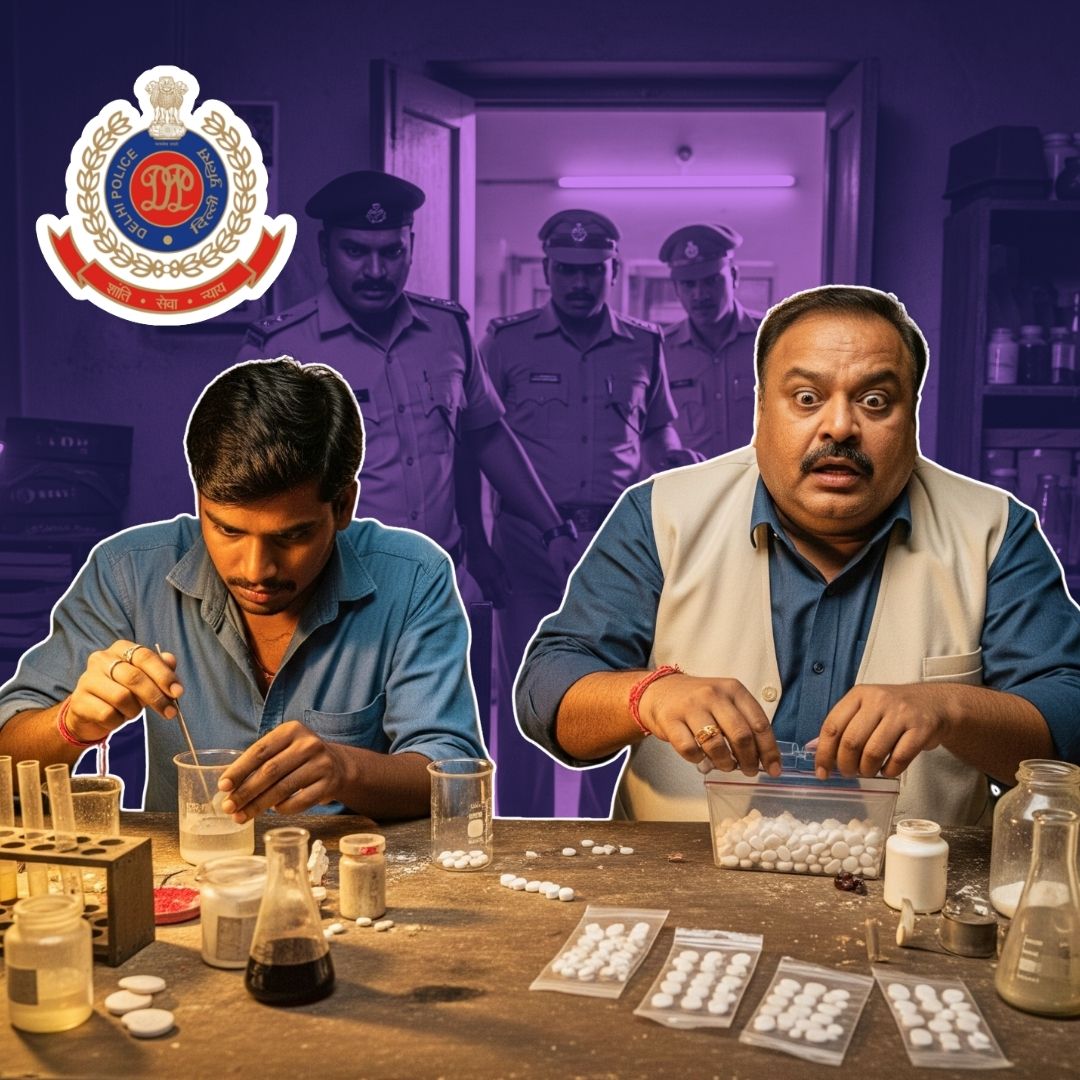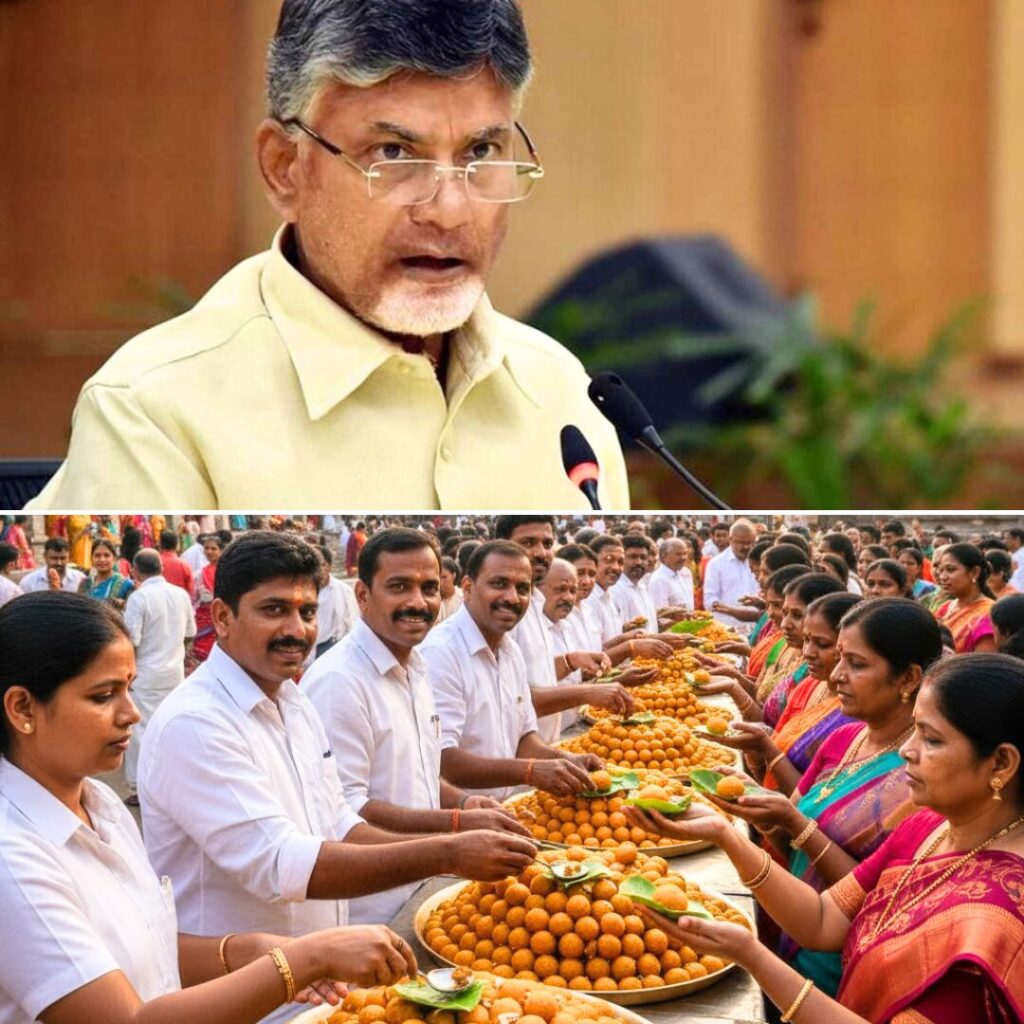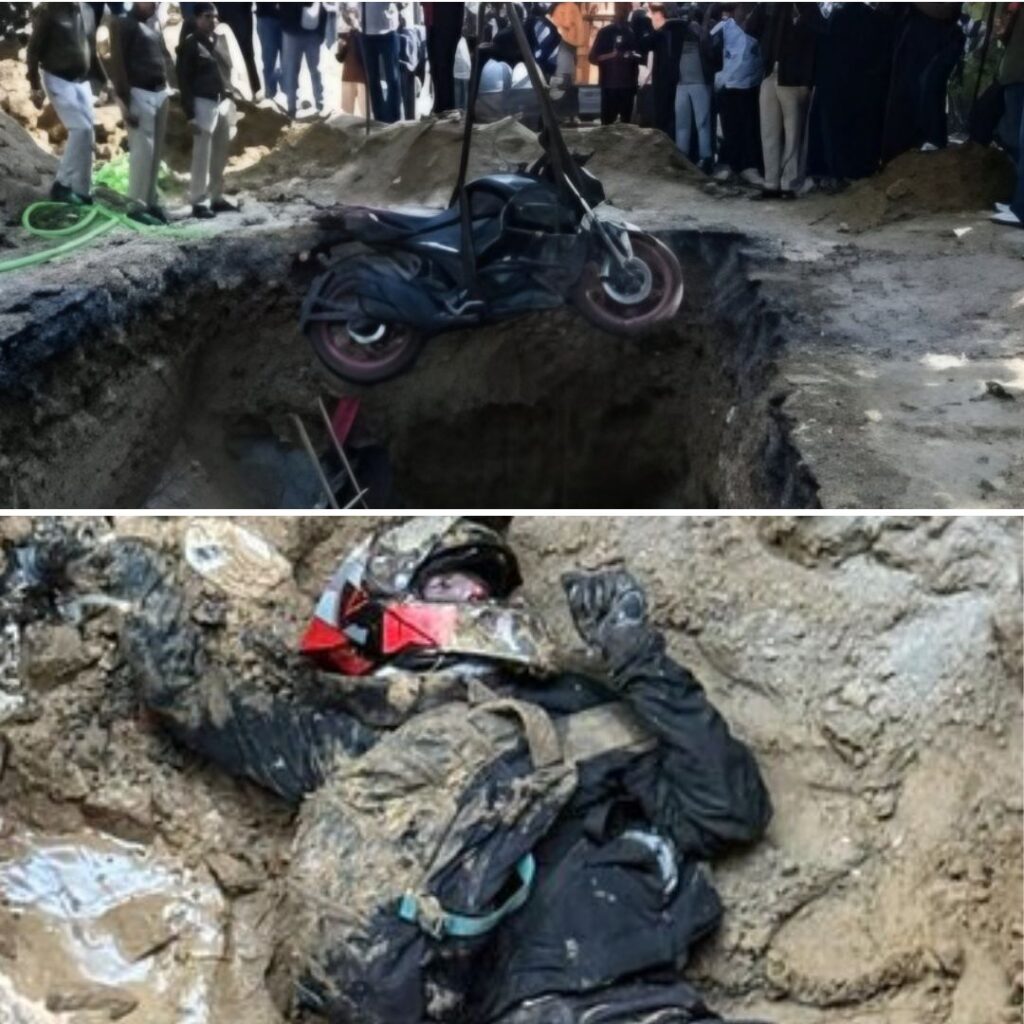On July 30, 2025, the Delhi Police’s Anti-Gang Squad conducted a major operation that led to the busting of a sprawling interstate fake medicine racket, resulting in the arrest of six individuals including the kingpin, Rajesh Mishra. The syndicate operated across several states, Uttar Pradesh, Haryana, and Himachal Pradesh, with clandestine factories in Jind (Haryana) and Baddi (Himachal Pradesh).
The gang manufactured and distributed counterfeit life-saving medicines under the labels of reputed pharmaceutical companies such as Johnson & Johnson, GlaxoSmithKline (GSK), and Alkem, posing a serious threat to public health. Police seized over 1.1 lakh counterfeit tablets and capsules, along with raw materials, packaging machines, and fake drug consignments. Investigations are ongoing to dismantle the entire network and trace financial transactions.
A Pan-India Network Endangering Public Health
The operation began with a tip-off about a suspicious consignment of fake medicines entering Delhi. Acting swiftly, Delhi Police intercepted a vehicle at a petrol pump in Civil Lines, Delhi, carrying counterfeit medicines such as Ultracet and Augmentin 625. Lab tests conducted in collaboration with pharmaceutical representatives confirmed the drugs were fake.
The racket involved a sophisticated supply chain: counterfeit packaging materials were sourced from different locations, including blister foils from Himachal Pradesh, while manufacturing units such as ‘Laxmi Maa Pharma’ in Jind churned out fake tablets made from substandard components like chalk powder.
The syndicate used encrypted communication, social media platforms, and hawala channels to coordinate, conceal payments, and distribute medicines through trusted medical stores and unlicensed rural practitioners. “The scale and spread of this racket posed a serious threat to public health and the integrity of pharmaceutical brands,” said Deputy Commissioner of Police (DCP) Harsh Indora.
Background: An Ongoing Battle Against Counterfeit Medicines
Counterfeit pharmaceuticals are a critical issue in India, risking serious health hazards and eroding trust in the healthcare system. This racket, reportedly active for two to three years, specialised in producing fake life-saving medicines under brand names widely trusted by patients. The medicines seized included Ultracet, Augmentin 625, Pan-40, Betnovate-N cream, Amoxycillin, Kanacort injections, among others.
The operation highlights regulatory challenges and the vulnerabilities within pharmaceutical supply chains, emphasizing the need for stronger oversight. Previous busts have occurred, but the persistence of such networks demands continual vigilance by law enforcement and coordination with regulatory agencies and companies.
The Logical Indian’s Perspective
The exposure of this extensive counterfeit medicine racket underscores the imperative for integrated efforts to safeguard public health. Law enforcement cracking down on such dangerous crimes is essential, yet public education on verifying the authenticity of medicines and fostering transparent, accountable pharmaceutical supply chains is equally critical.
Counterfeit drugs imperil lives and shake confidence in essential healthcare services. Robust regulatory frameworks, enhanced monitoring, and community awareness must work hand in hand to prevent recurrence.













